Study finds GHG emissions from corn ethanol now 46% lower than gasoline
Green Car Congress
JANUARY 27, 2021
A new study by a team from Environmental Health & Engineering (EH&E) has found that greenhouse gas emissions from corn ethanol are 46% lower than those from gasoline—a decrease in emissions from the estimated 39% done by previous modeling. gCO 2 e/MJ (range of 37.6 —Scully et al. —David MacIntosh.






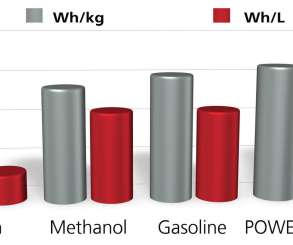













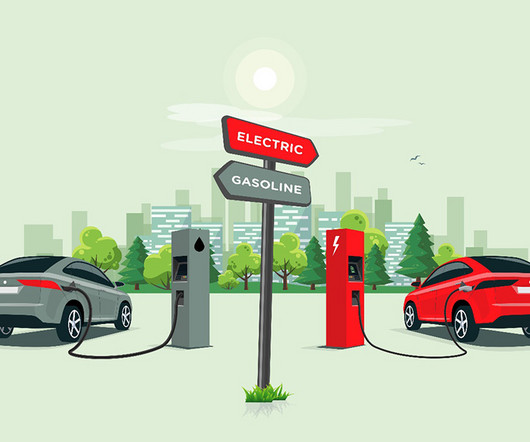


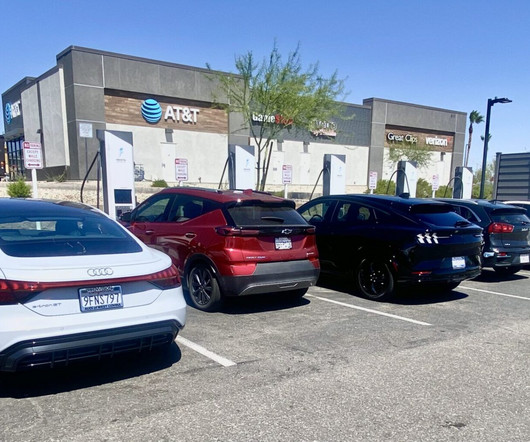





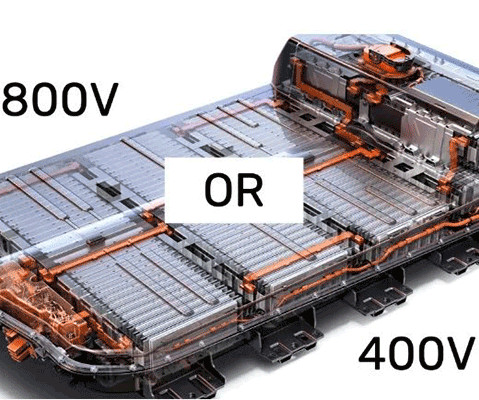

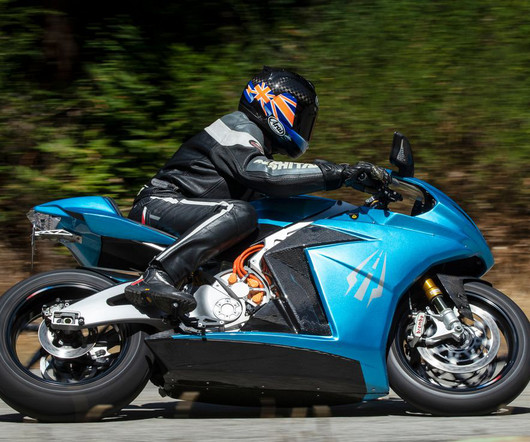








Let's personalize your content